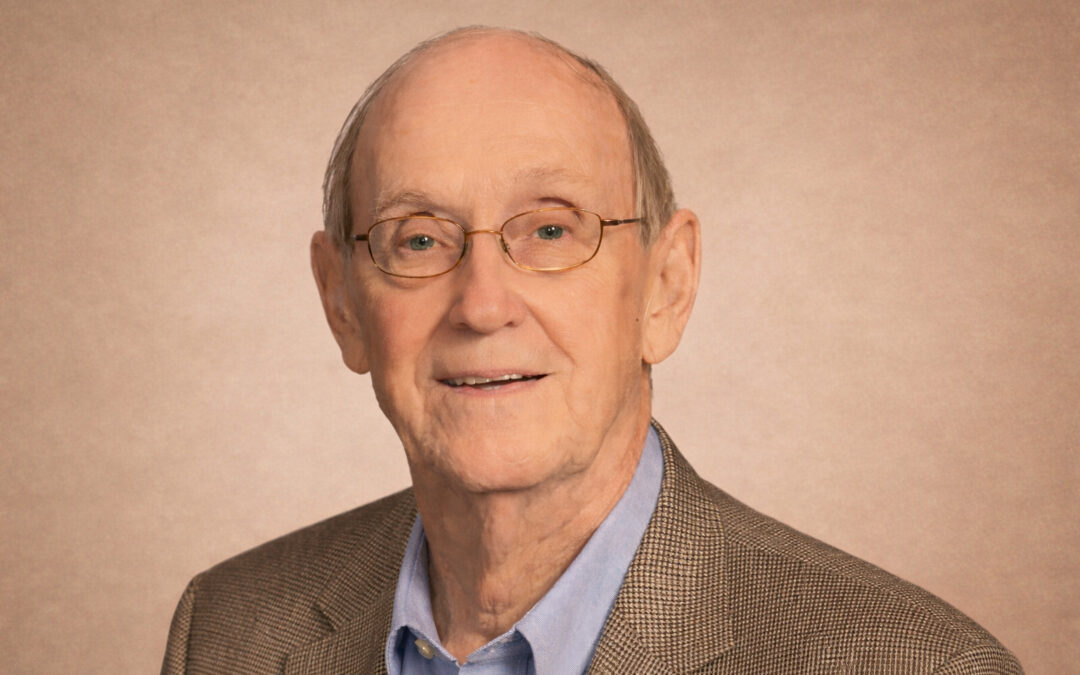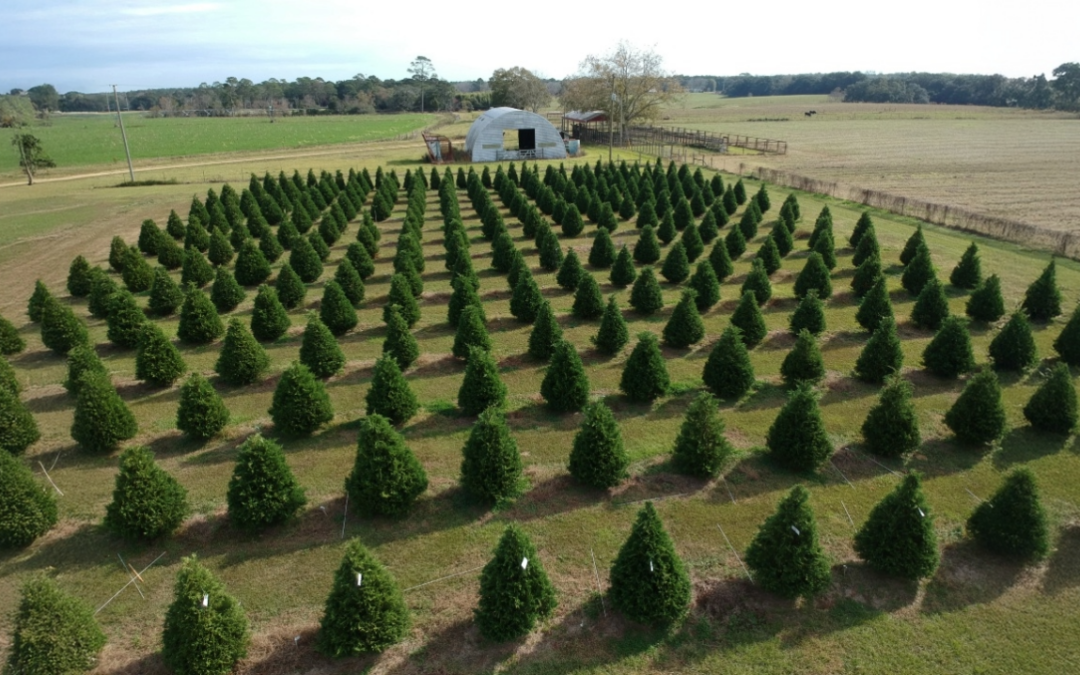Auburn University animal scientist Don Mulvaney begs to differ with those who hold that leaders are born, not made. For him, the proof is in the pudding, and in his 35 years as a faculty member in the Department of Animal Sciences, he has amassed a world of proof.
“The personal changes I’ve seen in youths and adults as they learn leadership principles and skills and practice applying those skills are why I continue to be passionate about building leaders,” said Mulvaney, associate professor of meat animal growth and physiology and winner of Auburn University’s Award for Excellence in Faculty Outreach.
Mulvaney’s specific emphasis is on developing leaders in Alabama’s $2.5 billion beef industry. Shortly after joining the Auburn faculty in 1983, he saw the need for and created an upper-level course designed to sharpen students’ awareness of real-world issues that affect animal agriculture, from consumers’ food-safety concerns to federal policy shifts, and prepare them to be highly informed spokespeople and advocates for cattle producers and related industries.
“That’s where my enthusiasm for helping shape tomorrow’s leaders began,” he said. “If we were going to produce knowledgeable, competent, confident advocates for the industry, leadership training had to be part of that.”
On campus, Mulvaney led the establishment of an agricultural leadership minor in the College of Agriculture as well as a leadership minor at the university level and has supported leadership education initiatives through the University College, the Biggio Center for the Enhancement of Teaching and Learning and the College of Education. But it is his work off campus that led Wayne Greene, head of the animal sciences department, to nominate him for the outreach award.
“With his focus on leadership over the years, Dr. Mulvaney has developed youth and adult programs that continue to support the growth and economic impact of the beef industry for our department’s immediate stakeholders in animal agriculture and, ultimately, for the citizens of Alabama,” Greene said.
One such outreach effort is the Young Cattlemen’s Leadership Program that Mulvaney organized in partnership with the Alabama Cattlemen’s Association a few years back. The year-long program is designed to equip 21- to 40-year-old cattle producers from across the state with concepts, skills and insight they will need to address complex challenges facing modern beef production and to inspire them to get involved in the association at the state and county levels.
“Don Mulvaney also has been involved in a number of our Alabama Junior Cattlemen’s programs, which teach young people about issues in the industry and ways to be advocates for the animal agriculture industry,” Erin Beasley, association executive vice president, said.
His role in those programs includes holding workshops, not only on leadership, but on professional development as well.
Mulvaney’s outreach efforts are not limited to the cattlemen and cattlewomen of tomorrow, however. He takes personally the land-grant mission to apply his academic expertise in ways that serve the people of Alabama. In his case, the mission is to deliver to the state’s beef cattle industry information that help producers achieve maximum productivity and profitability.
That’s why he volunteered half a dozen years ago to chair the Department of Animal Sciences’ annual Beef Cattle Conference, a long-running, one-day event that brings cattle farmers and industry representatives from across and beyond Alabama to Auburn.
Every year, he’s responsible for everything from establishing a timely theme and securing sponsorships to lining up renowned industry leaders as guest speakers and reviewing all manuscripts submitted by faculty and invited experts. Afterward, he compiles the conference proceedings and makes it available to the public. He puts emphasis on research that Auburn scientists are conducting.
“The conference is an excellent venue for our faculty to report their research and results to the people who will benefit most,” Mulvaney said. “We are truly transferring the knowledge to the community.”



